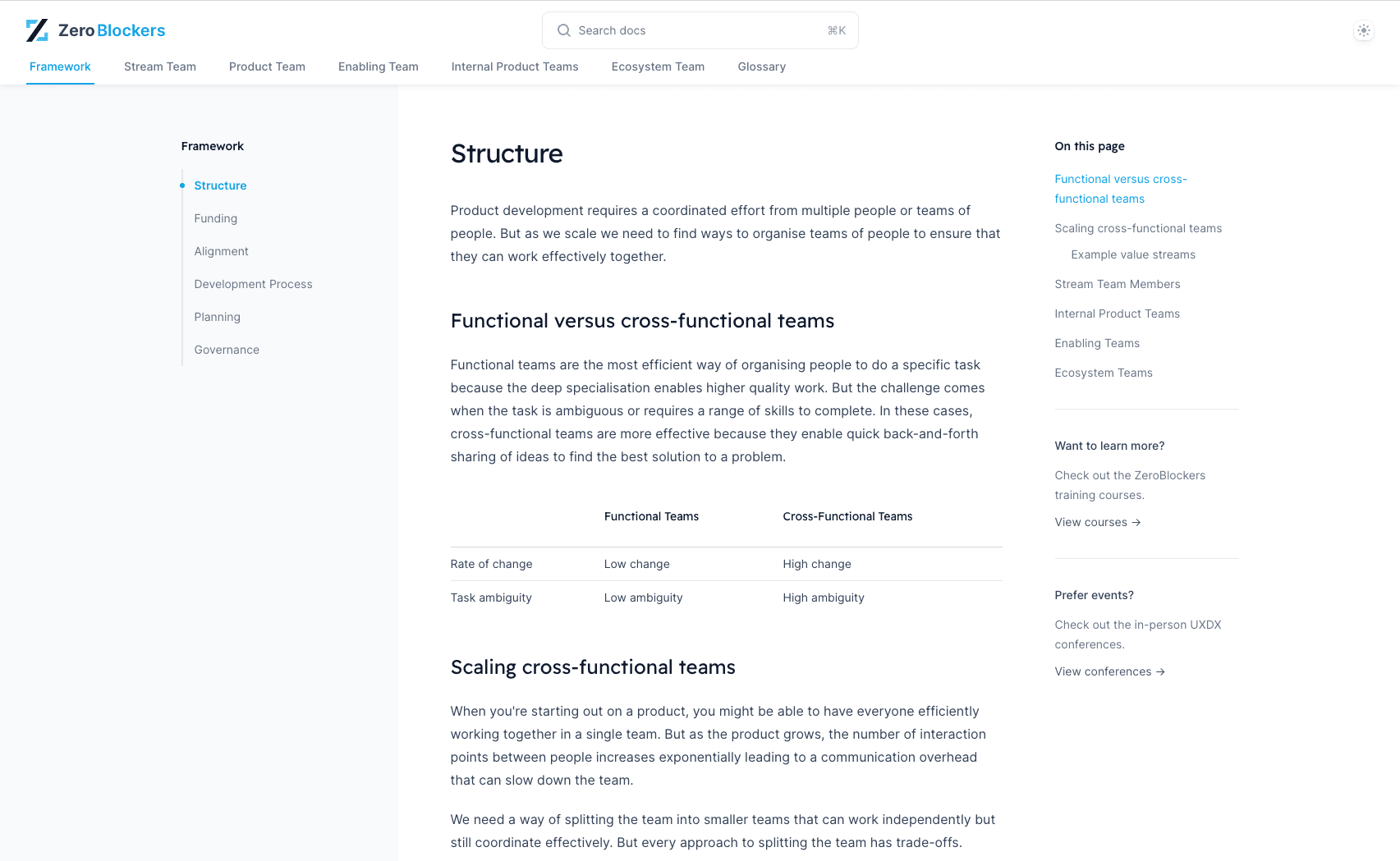Case StudyStream Team: Conducting Primary Generative Research - Mitigating Bias in User Interviews for Objective Research
ASCAP, the American Society of Composers, Authors, and Publishers, aimed to understand the needs and experiences of its members to improve its services. However, conducting user interviews posed a significant challenge due to the potential for hidden biases that could skew the research findings. These biases, whether conscious or unconscious, threatened to compromise the objectivity of the insights gathered, leading to less effective decision-making and product development.

The Solution
ASCAP implemented a strategy focused on mitigating biases in user interviews. The key components of their approach included:
- Awareness and Training: ASCAP provided training for researchers and interviewers to raise awareness about the different types of biases that could affect user interviews. This training included understanding confirmation bias, leading questions, and the importance of neutrality.
- Structured Interview Guides: The team developed structured interview guides to ensure consistency across interviews. These guides included open-ended questions designed to elicit detailed responses without leading the participants.
- Neutral Moderation: Interviewers were trained to maintain a neutral stance during interviews, avoiding reactions or comments that could influence participants' responses. This approach helped ensure that the data collected was unbiased and reflective of the participants' true experiences.
- Diverse Recruitment: Efforts were made to recruit a diverse range of participants to capture a broad spectrum of perspectives. This diversity helped mitigate the risk of bias stemming from a homogeneous participant pool.
- Blind Analysis: To further reduce bias, ASCAP employed blind analysis techniques where researchers analyzing the data were not aware of the participants' backgrounds or other identifying information. This approach minimized the influence of preconceived notions on the analysis.
- Iterative Review: The interview process and findings were reviewed iteratively, with multiple researchers involved in the analysis. This collaborative approach helped identify and address any potential biases in the data interpretation.
Outcomes achieved
The implementation of bias mitigation strategies in user interviews led to several significant outcomes for ASCAP:
- Accurate Insights: By mitigating biases, ASCAP was able to gather more accurate and reliable insights from user interviews. These insights provided a true reflection of members' needs and experiences.
- Improved Decision-Making: The objective data obtained through unbiased user interviews informed better decision-making, leading to more effective product and service enhancements that aligned with members' needs.
- Enhanced Credibility: The rigorous approach to mitigating bias enhanced the credibility of the research findings, fostering greater trust and buy-in from stakeholders across the organization.
- Inclusive Product Development: The diverse perspectives gathered through unbiased interviews contributed to the development of more inclusive products and services that catered to a wider range of members.
- Continuous Improvement: The iterative review process and ongoing training helped ASCAP continuously improve its research methodologies, ensuring that bias mitigation remained a core focus in all user research activities.
